
1. Ragi Wheat Bread
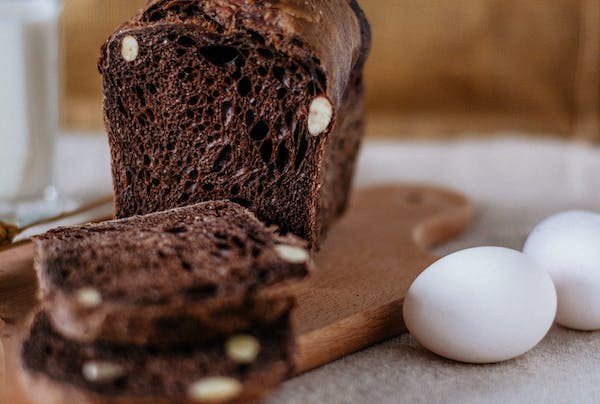
This recipe will be your constant buddy if you enjoy bread. It makes use of nutritious components including spinach, yogurt, whole wheat flour, ragi, and jaggery. One of the most potent components that offer a good number of minerals like iron, vitamin A, and fiber is ragi and spinach together.
2. Avocado Toast
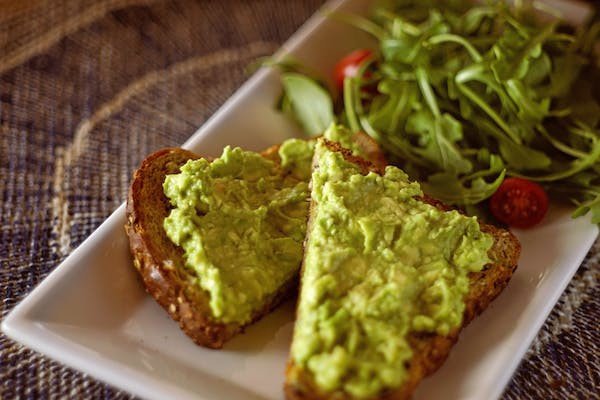
There’s a good reason why this recipe has gained popularity in recent years: it’s quick, filling, and above all, delectable. For more satisfying eating, use whole grain bread for the added fibre and serve it with a protein source. Younkin advises cooking two eggs however you like. Another excellent choice is smoked salmon. Try black beans and salsa or hemp seeds with a squeeze of lime for a vegan alternative. Although there are countless options, we have a tonne of nutritious avocado toast recipes if you need some ideas.
3. Eggs
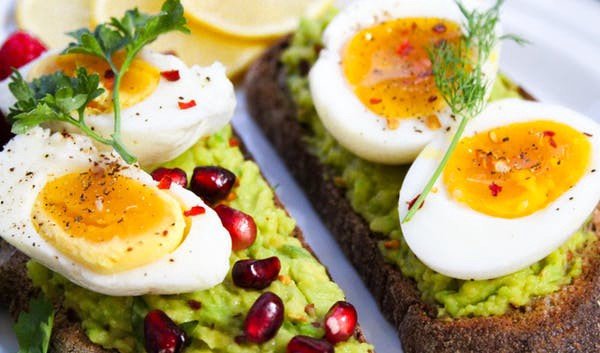
Eggs contain antioxidants, minerals, and nutrients like choline, which is crucial for a healthy brain and liver, in addition to being high in protein and making you feel full (ideal for a hearty breakfast).
Although eggs were once advised against because of their high cholesterol content, it is now believed that eating them can actually raise our levels of “good” cholesterol.
If you need a portable breakfast but are on the go, try hard boiling your eggs the night before. Alternatively, eat them with avocado and whole grain bread while scrambled or poached.
4. Bananas

The portable packaging of bananas makes them a convenient way to stay satiated. Their folate and vitamin B6 contribute to serotonin production, which helps elevate mood and lessen anxiety. By eliminating cholesterol from your GI tract and preventing it from entering your bloodstream, the soluble fiber also aids in lowering cholesterol (i.e., clogging your arteries). Sliced bananas can be added to morning oats along with a tablespoon of chia seeds or walnuts for an extra heart-healthy boost.
5. Spinach Pancakes

With a filling of mushrooms and cheese, these healthy pancakes are created with whole wheat flour, milk, yogurt, and spinach. An excellent choice for breakfast, brunch, or even packing a tiffin.
6. Yoghurt

Protein is present in all types of yoghurt, however creamy Greek-style yoghurt has a higher protein content than other varieties. There are low-fat options available, and some of them include “living cultures” of bacteria that are supposedly beneficial for your digestive system.
To give your breakfast a nutritional boost, avoid yoghurt with added sugar and flavorings and instead to add your own additions, such as berries, almonds, or seeds.
7. Berries
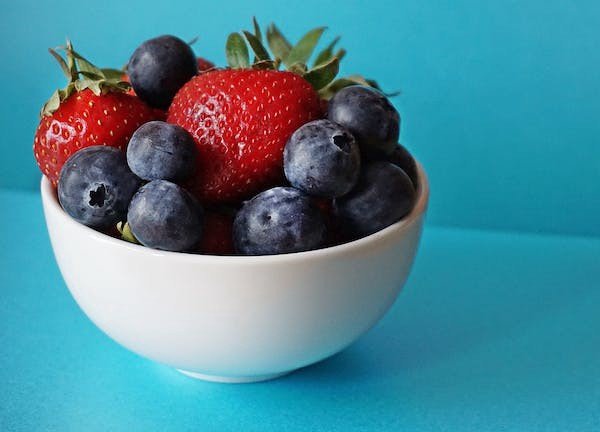
All the vitamin C you require for the day is in only one cup of strawberries, which only has 207 calories. Berry antioxidants, such as those in blueberries, blackberries, and raspberries, also have the ability to shield cells from damage. Eating more of them can help protect your blood vessels from harmful plaque and boost circulation. If berries aren’t at the top of your list, citrus fruit, apples, stone fruit, and melon are all great fruit alternatives. They’re filled with potassium to help balance blood pressure and mitigate bloat.
8. Strawberry Protein Shake
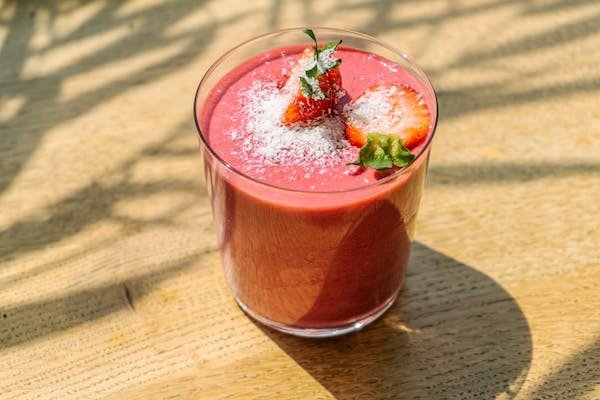
One packet of low-sugar strawberry or vanilla instant breakfast powder and one cup of low-fat strawberry cow’s milk or soy milk should be combined in a cocktail shaker. (This can also be prepared the evening before.) If you have the time, mix some strawberries or a frozen banana with a scoop of protein powder like GeniSoy Natural for more fibre.
9. Egg Muffins

For hectic mornings, this nutritious recipe of egg muffins is a convenient grab-and-go choice. It is stuffed with fresh, nutritious vegetables, lean meat, and your choice of seasonings.
10. Smoothies
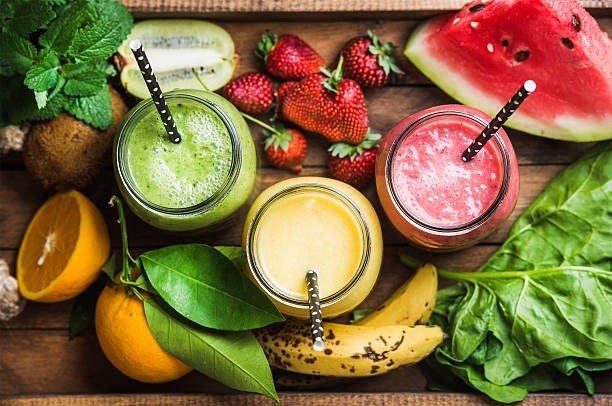
Smoothies can be an effective and speedy morning meal. Particularly if you make an effort to ensure that they are not just pure fruit but rather nicely balanced. Focusing on vegetables with some fruit for sweetness is a terrific approach to make a smoothie. Once you’ve added some oats or yoghurt, it’s ready to go! Just keep in mind that combining fruits and vegetables will cause part of the fibre to be lost. Therefore, trying to consistently eat your fruits and vegetables in this manner is not optimal.